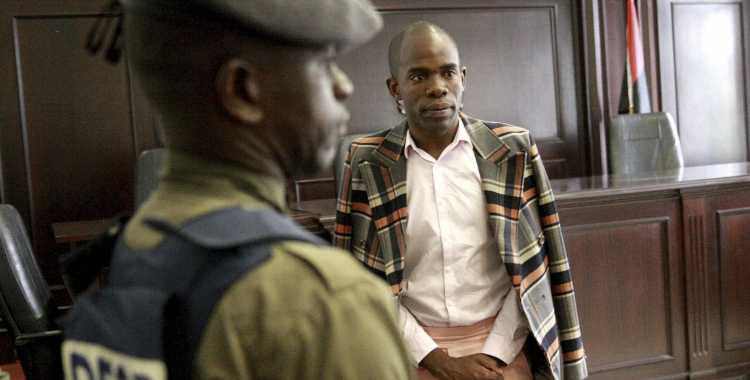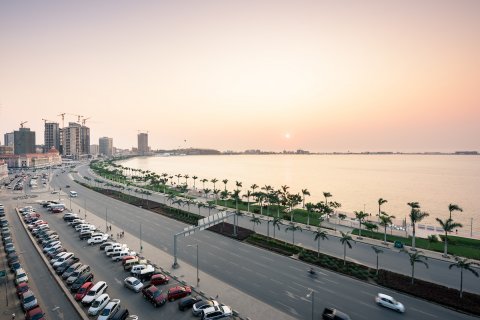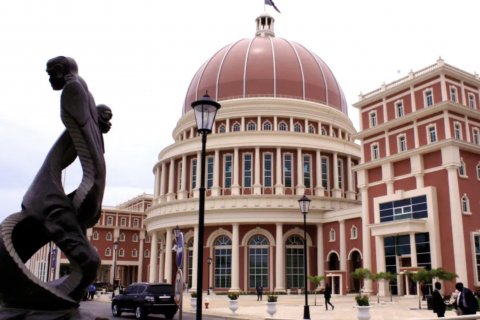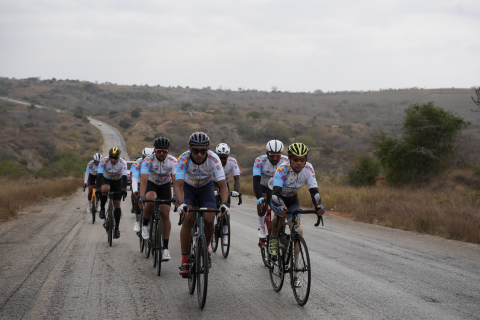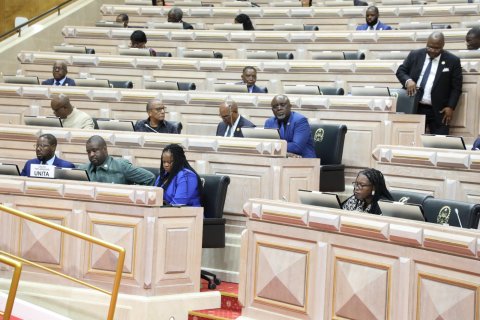The information was transmitted to Lusa this Thursday by jurist Serra Bango, president of AJPD, an Angolan non-governmental organization that promotes and defends human rights, regretting that that body did not delve into the activist's lawyer's complaints.
"The first conclusion we draw is that the Penitentiary Service, even with the complaint and complaint presented by the lawyer, did not carry out investigations, they were based only on mere operational information that was made by the service agents that day to the management", he said.
Serra Bango, who went to Calomboloca prison on Tuesday to find out about the situation of Gilson Moreira da Silva "Tanaice Neutro", imprisoned since September 2023, held a meeting on Wednesday with the deputy director general of prison services.
According to the president of the AJPD, who on Monday sent an open letter to the management of that body requesting an investigation into the mistreatment of the inmate, previously reported by his lawyer, the entity promised to reopen the investigations.
"The deputy director of the penitentiary service was committed to reopening the process and we requested that, within a short period of time, they inform us about the result of this investigation so that we know the reasons that motivated that aggression", he said.
Gilson Moreira da Silva "Tanaice Neutro", Adolfo Campos, Hermenegildo André "Gildo das Ruas" and Abraão Pensador are the four activists arrested since September 2023, after being convicted of disobedience and resistance, following a demonstration in support of motorcycle taxi drivers.
Lawyer Zola Bambi said last May that the aforementioned activists were subjected to an "unfair trial and illegally arrested due to political will", when he denounced alleged attacks on "Tanaice Neutro", acts that were also repeated in June.
This Thursday, the leader of the AJPD reaffirmed the need for the investigation to assess the motivations for the attacks, calling for the perpetrators to be held accountable, whether they stemmed from a feud between inmates or carried out by prison officers.
Activists, civil society actors and opposition politicians repeatedly call for the release of these activists, considered "political prisoners".

